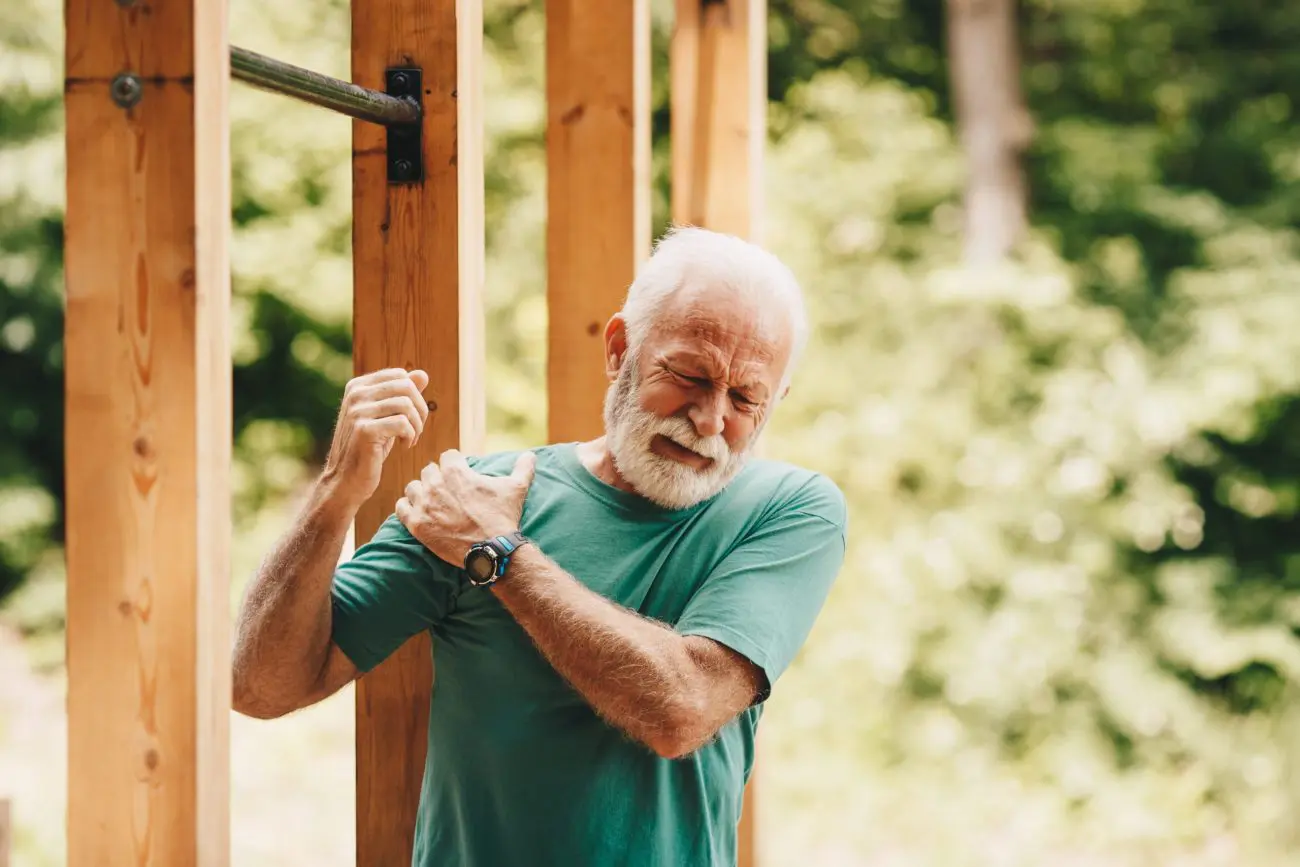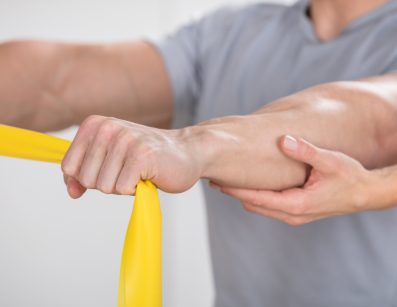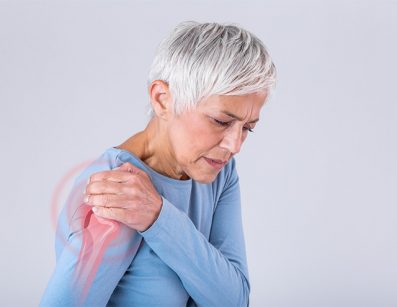Your Guide to Rotator Cuff Tears
What is a rotator cuff tear?
Firstly, the rotator cuff is a group of four muscles that connect as tendons to create a “cuff” at the head of the humerus bone (the large, upper arm bone that forms the shoulder). The rotator cuff tendons help to keep the shoulder joint stabilised. It holds the ball of the joint in place, connecting it to the scapula (shoulder blade).
A rotator cuff tear is the detachment of the tendon connecting the shoulder rotator cuff muscles to the humerus. The tear may be partial, meaning that the tendon does not completely detach, or it may be a full tear, which may be a more serious injury.
Rotator cuff tear causes.
A rotator cuff tear may be caused by:
- Repetitive stress of the shoulder. This commonly occurs in people who participate in sports such as tennis or rowing.
- Effects of aging. May include wear and tear, bone spurs or diminished blood supply.
- Traumatic injury to the shoulder, for example, a heavy fall or the arm being caught and pulled suddenly.
Signs and symptoms of a rotator cuff injury or tear.
The signs and symptoms that a patient will experience will depend on the severity of the injury.
- Shoulder pain will be experienced in the joint and upper arm. The pain will become more severe with overhead movements.
- A cracking sensation may be felt when moving the shoulder.
- Weakness, stiffness, and a decrease in the range of motion will be felt when using the arm for lifting, or when rotating the arm.
What treatment options are available for a rotator cuff tear?
Depending on the severity of the tear, Mr Chua will assess the treatment options available to the patient. This assessment can be made at either of the Box Hill, Heidelberg, or Richmond locations.
The possible nonsurgical treatments include:
- Resting the shoulder and avoiding activity that would cause further damage/ wear and tear
- Anti-inflammatory medication
- Physiotherapy – including strengthening exercises
- Steroid injections to help with inflammation
If the injury is too severe to be treated with non-surgical options, shoulder surgery may be suggested. This can be performed at any of our surgical locations in Box Hill, Heidelberg, East Melbourne and Richmond.
Shoulder surgery will be performed under general anaesthetic and a local anaesthetic nerve block to temporarily block pain from the shoulder. Shoulder surgery may include open repair (an incision to reveal the shoulder), arthroscopic repair (keyhole surgery) or mini-open repair (a smaller incision). However, for Mr Chua’s Box Hill shoulder surgeries, almost all of the rotator cuff surgeries he performs are arthroscopic.
The possible surgical options include:
- Rotator Cuff Repair: Rotator cuff repairs can repair partially torn, or completely torn tendons. If the tendon is only partially torn a trimming or smoothing procedure may be undertaken. If the tendon is completely torn, stitches or tape may be used to reattach the tendon to the bone.
- Rotator Cuff Graft/ Patch Augmentation: An implant can be used to help repair the tendon where it has been torn or to augment a repair. The implant is specially designed to induce collagen production and improve the healing process. The implant is placed over the site of the rotator cuff tear and absorbed over a 6-month period. In most cases this can produce excellent results, without the need to do a full repair.
Rotator Cuff Repair and Rotator Cuff Graft/ Patch Augmentation
What does the rehabilitation process entail?
The recovery and rehabilitation process will be different for each patient, depending on the severity of the original injury and the nature of your shoulder injury. Usually, you will only be required to stay in hospital overnight. The following rehabilitation process will involve follow up appointments at our Box Hill, Heidelberg, or Richmond locations. There will also be consultations with a physiotherapist. Full rehabilitation of the shoulder may take 6 to 12 months.
If you are having concerns with your shoulder, please do not hesitate to contact our office by phone or via the website.





